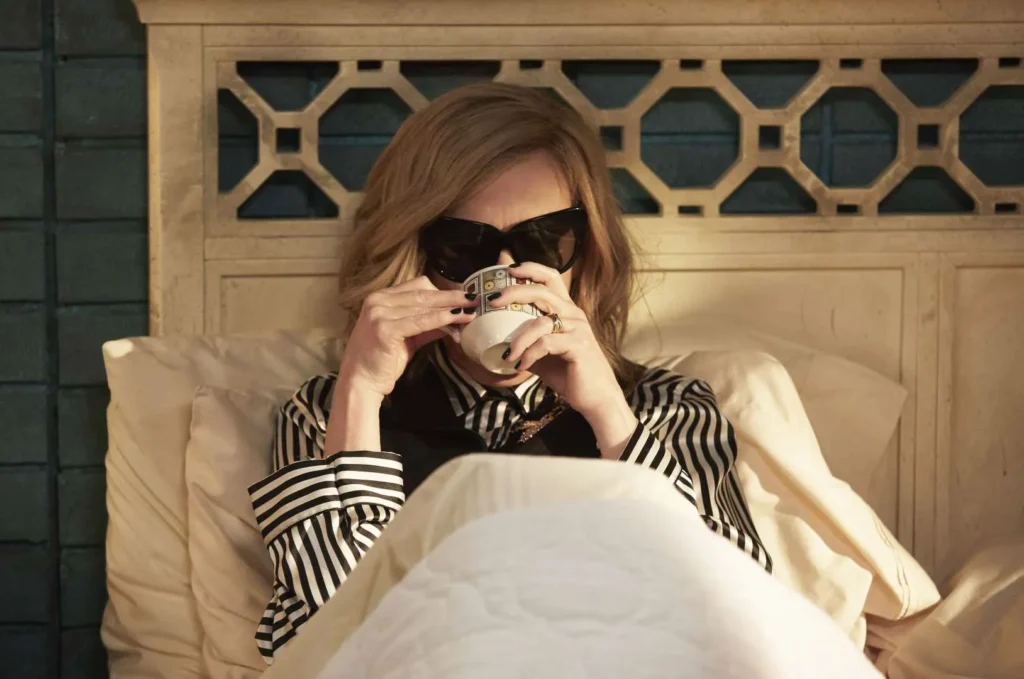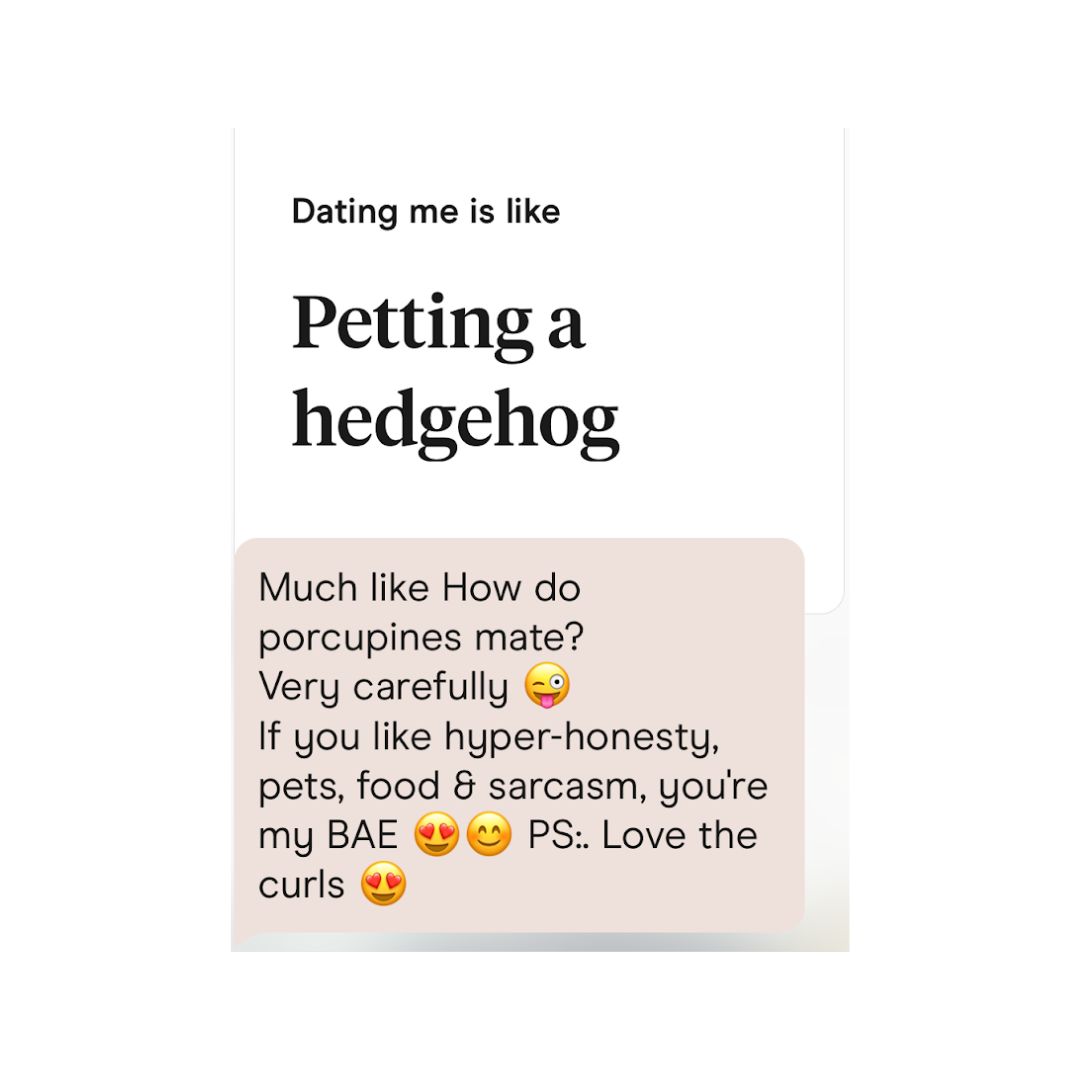If you have been on dating apps for as long as I have (nearly a decade), and been on as many first dates as I, you begin to notice patterns – in profiles, in guys, in the questions they choose to answer and how they write their answers. First dates begin to blur into each other, and conversations begin to sound the same.
It’s not a sign of repetition, but the biggest echo chamber we live in. Rachel Lopez (Editor of HT Brunch, owner of @thegreaterbombay handle and my ex-colleague-now-friend) once called most young people as ‘operating on factory settings’ – they talk of the same things and parrot populism to sound cool – the show you are watching, the meme that broke the internet, the latest movie, the half-baked understanding of social concepts like feminism, the beloved defense of being apolitical.
We who are brought up on the internet are true clones – mirror personalities – styling our walk, wear and voice on those we see around us. The definition of cool has always existed in clusters, but that cluster is now much bigger. And so the variation in what is cool is much, much lesser.
No, this is not about how homogenous we are becoming – which we are. This is not even about how truly difficult it can be to find your voice in this chaos. Which it is.
But this is about how this creates caricatures of us all, so that when we meet someone, based on a profile, we already know the show they like, we have stalked them so much, we build up an image of them in our heads. In short, we know their factory settings now. Or at least we think we do.
This false sense of familiarity fast forwards everything – we share with each other what friends might wait years to share, we use sarcasm and innuendos from the get go because of course they are going to get it. We take jokes from one set of our life and share them with another. We curate opinions from all our sources, aggregate them to make for interesting conversations. We can follow the right people, know the right trending words, beware of the right gossip, and voila – you have the perfect setting to be part of modern urban circles.
But this? This just creates a facade of the real thing. We assume so much of what early stages of relationships should organically unravel and discover. What brand of humour do they like? What movies and subjects are they interested in? What hobbies do they have that are perhaps not a category on Instagram?

Moira Rose called this ‘the digital age of discontented disconnection’.
I think it is easy to blame distractions. To say we are unable to commit because we have too many options.
The real problem is that we don’t give our dates, or other people we meet, a chance to differentiate themselves. We assume so much, and build up such a prototype of what a cool, socially acceptable-to-date, urban, thriving professional looks and talks like – we are unable to see what’s in front of us.
It does not help that dating now happens online so much, and in real life so little. I can type as many hahahaa’s I want, I could not fake it so easily if I was face to face. The digital is a curtain that enables and amplifies these presumptions we carry.
It takes a lot of courage, in its own twisted petty way, to be able to break out of that. To meet and see people as they are, not a reflection of the Netflix-flavoured urbanity that envelopes us.
“You should go out with me; if you can match my sarcasm”
“I will know you’re the one when we can roast each other”
“Honesty and communication are the hallmarks of a good relationship.”
Guy after guy has this on their profile. They take the liberty to be sassy on the third or fourth text, and then we have to argue about why I did not get a joke. How should I? Me getting a joke on text means I need to know your tone of speaking, the language and style of your delivery, what might trigger a sassy remark from you.
These things are built between people over years of shared experiences. And our collective shared experience – American TV, sexual innuendos, confused sense of feminism, a craze for coffee, a penchant for saying ‘Bro how can you not like [insert generic internet trend]” – means that we already share some common ground. Which is great to build loose acquaintances, terrible for meaningful relationships.
I read this line in a review of the latest adaptation of One Day – “The conversation [between the lead pair] shared is combative but playful, as if they were two old friends trading insults based on years of private jokes.”
Conversation
Shared
Old friends
Trading insults
Based on years
Private jokes
We surpass the first three most crucial stages and fast-forward our years. We assume we know how things will start and also how they will end. We have seen the same story too many times. We think we have seen the same story too many times.
But what if we have just blinded ourselves to the other stories. To the beauty of individual reality? What if we have just forgotten what it means to discover – ourselves, our own unique stories, and thus the unique stories in others – and embrace what we find?
I have been on dating apps for years and years and it took me a lot of time and then some more to notice this.
If a guy mentioned he was an engineer, I immediately knew he was a fan of The Office, wanted to either be a filmmaker or a standup comedian, wore the latest sneakers, had a collection of beige pants and pastel shirts to go with.
Even if I was right a lot of the time, people are more than the sum of their interests.
To define them, and even ourselves, by these alone is to deny ourselves the gift of human connection that surpasses social definitions, connections that don’t just mirror pop culture and visual imagery we see all around us, but becomes the inspiration that reel life borrows from.
